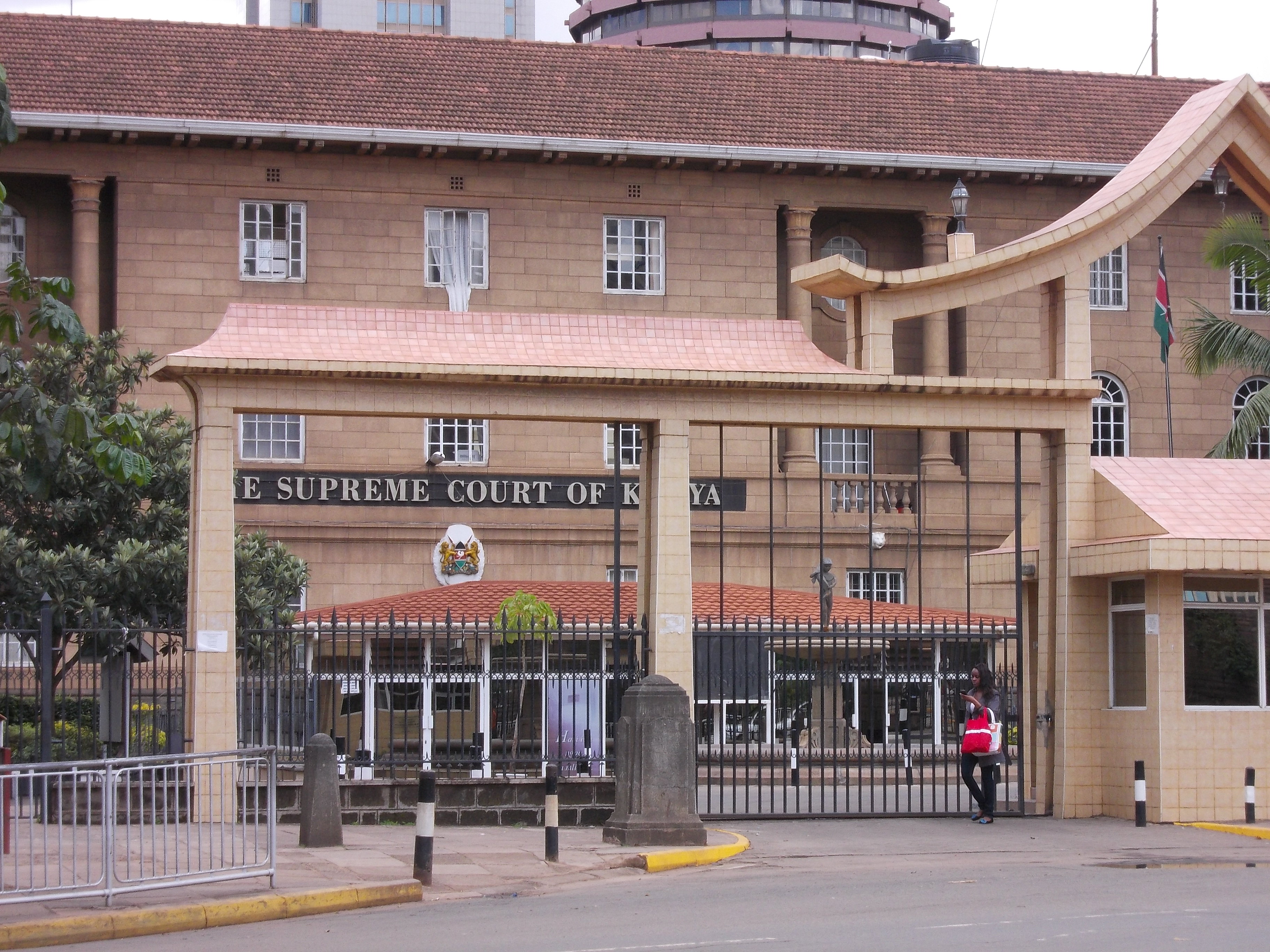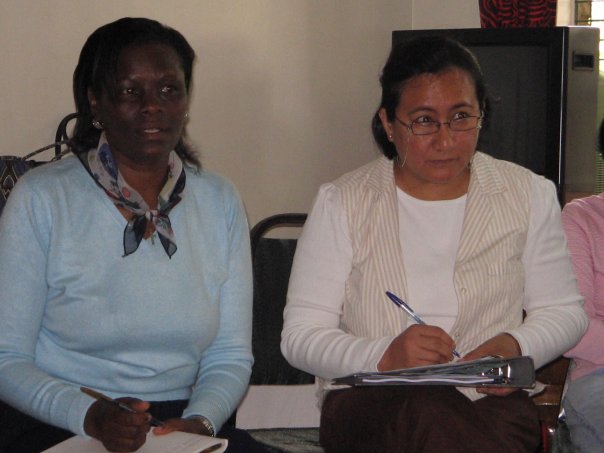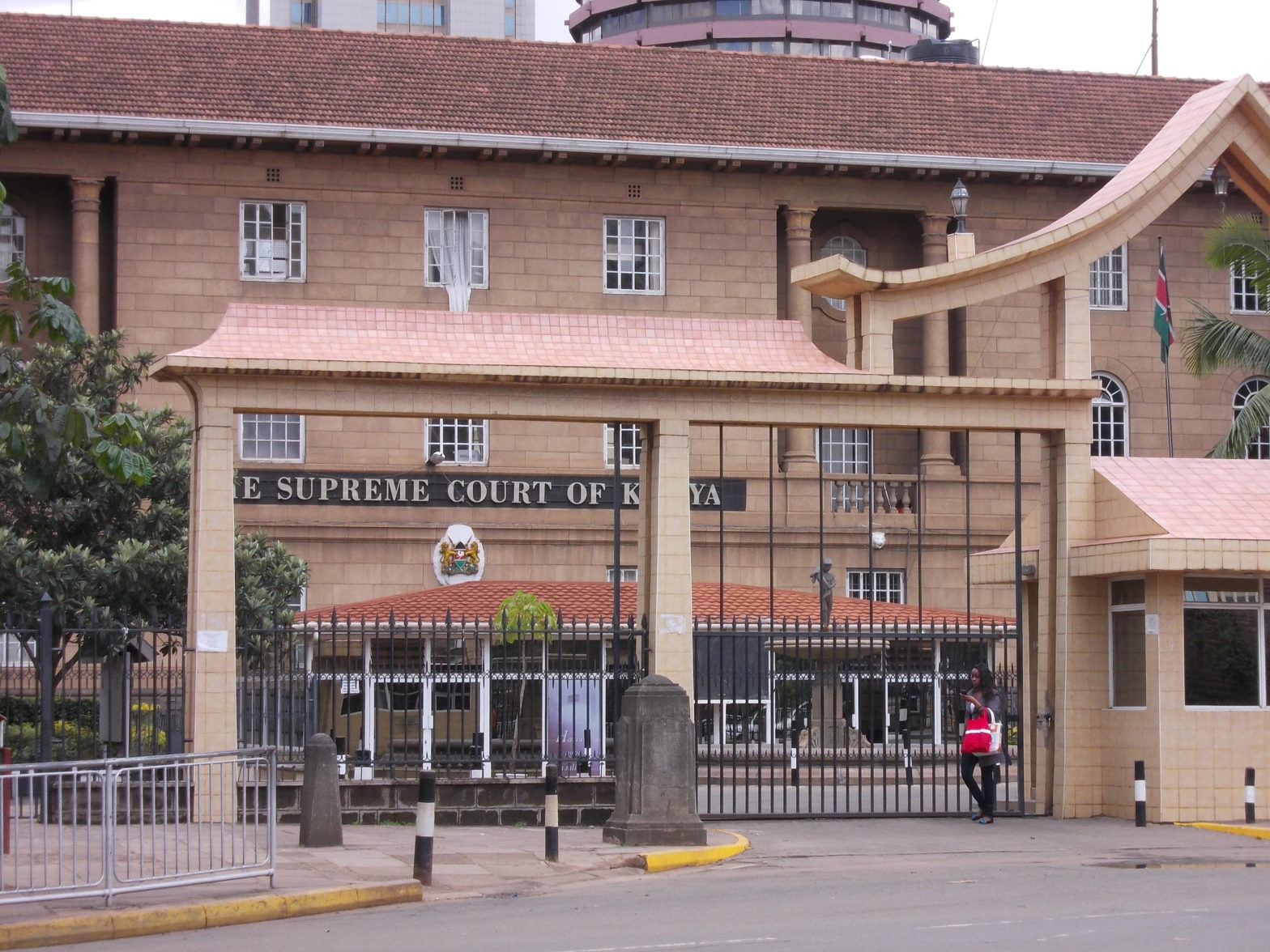
By TESS BACALLA
NAIROBI, Kenya—When Kenya’s historic general elections on March 4 ended on a largely peaceful note, its people breathed a big sigh of relief, and rejoiced, regardless of who emerged as winners in the hotly contested presidential race. Peace, it seemed, had finally descended on Kenya, a nation long divided by ethnic tensions—and peace it was they wanted more than seeing their respective candidates win.
Like the Philippines, elections in Kenya have bred violence. But unlike the Philippines, where much of election rivalries center around powerful clans and families, this east African state struggles with decades-old ethnic divides that could easily escalate into violence such as what transpired five years ago.
Kenyans still vividly remember the country’s descent into violence following the Dec. 27, 2007 presidential vote.
The results, widely perceived to have been rigged in favor of now outgoing President Mwai Kibaki, 81, sparked an unprecedented bloodbath among ethnic groups, killing at least a thousand people, including women and children, and displacing some 600,000 individuals. Violence ended only when a coalition government was formed in February 2008.
The Philippines has a similarly dark chapter in its election history. The Ampatuan massacre on Nov. 23, 2009 left 58 defenseless civilians dead, making it the worst case of election-related violence in the country.
The unimaginable election violence in both Kenya and the Philippines shocked the world.
Electoral protest
“I have been having sleepless nights (awaiting the peaceful outcome of the election). “But now I can sleep,” said a jubilant Kenyan voter, one of more than 12 million who trooped to the polls early last month.
But the specter of gloom that hung over Kenya in the runup to the first election under the 2010 Constitution immediately reappeared when the results of the presidential polls were contested before the Supreme Court less than two weeks after ballots were cast.
Losing presidential aspirant Raila Odinga, President-elect Uhur Kenyatta’s main rival, alleged “rampant illegality” during the election, a position shared by civil society groups, which filed similar petitions before Kenya’s high court.
The people were on edge as they awaited the six justices’ decision on the petitions for nullification of the presidential election and for the conduct of a runoff.
On Black Saturday, while Christendom was in a contemplative mood, police forces were deployed in central Nairobi and political hotspots across the country to contain potential violent reactions to the Court’s much-awaited ruling.
At a little past 5 p.m., the Supreme Court announced it had rejected all petitions to nullify the presidential tally. Although it acknowledged “errors” in the counting of ballots, the Supreme Court deemed the elections “free, fair, transparent and credible.”
The speed with which Kenya’s Supreme Court decided the petitions is markedly different from the slow pace that hounds electoral cases lodged with the Commission on Elections and the courts in the Philippines. In the Philippines, the poll body and the judiciary are known to issue rulings when terms of office of contesting parties are about to expire.
Incumbent Prime Minister Odinga, 68, expressed his disagreement with the Supreme Court decision, but graciously conceded defeat, his face downcast. He also appealed to supporters to respect the Court’s verdict.
But some of his followers, outraged by the decision, resorted to violence and vandalism. Over the weekend three rioting youths were shot dead by police.
Still, peace reigned for the most part across Kenya.
“What we want is peace,” said Samuel Isaboke, a primary school teacher in Mukuri Kwa Njenga slum in east Nairobi.
2007/08 horror
Still fresh in the minds of Isaboke and other Kenyans are the deadly riots that wracked Kenya’s 2007 presidential election, pitting tribe against tribe.
Kibaki, a member of the dominant Kikuyu tribe, was proclaimed the winner by the election commission and hurriedly sworn in, fueling an already volatile situation. (Such a scenario should sound eerily familiar to Filipinos. Gloria Macapagal Arroyo, hounded throughout her second term by the “Hello, Garci” wiretapping scandal, was proclaimed the winner in the highly disputed 2004 presidential polls in the wee hours of June 24 that year.) Followers of Odinga, mostly Luos and Kalenjins, violently protested his proclamation.
The Kikuyus have dominated the political landscape since Kenya gained its independence from its British colonizers in 1963.

Marufelia Dagondon, a native of Leyte, Philippines, who served as an international volunteer in Kenya, still recalls the extent of violence that followed the 2007 elections. It was akin to “tribal cleansing,” she said.
On Saturday, despite the highly charged atmosphere, no violence ensued when the Supreme Court ruling was announced. Supporters of Kenyatta, son of Kenya’s founding president, Jomo, broke into wild jubilation on the streets, oblivious to the fact that their man of the hour was facing charges before the International Criminal Court for crimes against humanity.
The 51-year-old Kenyatta, one of the wealthiest men in the 40-million-strong country, is accused of bankrolling the bloody ethnic riots arising from the 2007 presidential election. His running mate, and now deputy president-elect William Ruto, 46, has been similarly indicted before the ICC, based in The Hague. Both deny the charges.
Unsettling peace
Now that the elections are over, not a few Kenyans are wondering how long peace will hold.
“The Court decided as though nothing happened,” said Tabitha Seii, who ran and lost her Senate bid in the recent election.
The Court’s decision “does not erase the widespread suspicion that there were nefarious attempts to manipulate the results and rig the election. It is a bit of a stretch to attribute the irregularities to ‘clerical’ or ‘human error,’ ” wrote political analyst George Ayittey for ZimEye, an online source of news and commentary on Africa.
He added that suspicions had been raised, for instance, on “the sudden breakdown of IT or electronic transmission of results, necessitating manual tabulation.”
The American University professor and president of Free Africa Foundation in Washington D.C. also noted that Kenyatta won by a very slim margin: 50.03 percent of the vote as against third-time presidential candidate Odinga’s 43 percent.
“That means nearly half of Kenyans are not going to like the Supreme Court decision and will still feel aggrieved. This is dangerous because, in Africa, it takes a small group of determined malcontents to wreak havoc and mayhem—let alone half of the electorate,” he warned.
But Seii rules out any likelihood of trouble in the country, echoing what many Kenyans have been saying all along: They are tired of violence and want none of the 2007/2008 maelstrom of violence that had engulfed the country.
The issue of the main perpetrators of the 2007/2008 election violence not having been brought to justice yet before Kenyan courts is also cause for deep concern. “Impunity will go on” if justice is not served, said Fatma Wangare, head of the nongovernmental Kenya Association for the Intellectually Handicapped in Nairobi.
Longstanding issues, land being foremost of them, continue to hound the nation as well. Land grievances, which date back to the British colonial rule and post-independence period, include forced eviction and illegal allocation of land.
Soon-to-be sworn-in Kenyatta and his family are known to own vast land holdings, reportedly totaling 500,000 acres and allegedly taken illegally from their original owners during his father’s 15-year reign as president. The Kenyattas own “half of Kenya,” goes an oft-repeated joke.
Kenya’s newly minted fourth president says, however, it’s time build a nation “at peace with itself” now that the path to a political transition has been cleared of stumbling blocks.
Still, NGO advocate Wangare wonders: When—and how—does a nation begin to move on if decades-old issues—now compounded by allegations of vote fraud and the question of impunity—remain unresolved?
(The author is communication advisor to an advocacy project promoting citizen engagement in the governance of inclusive education in Kenya.)
